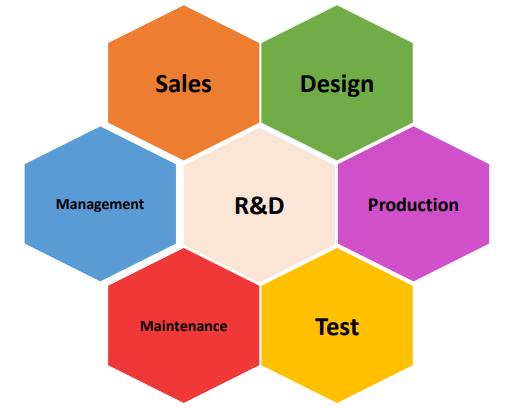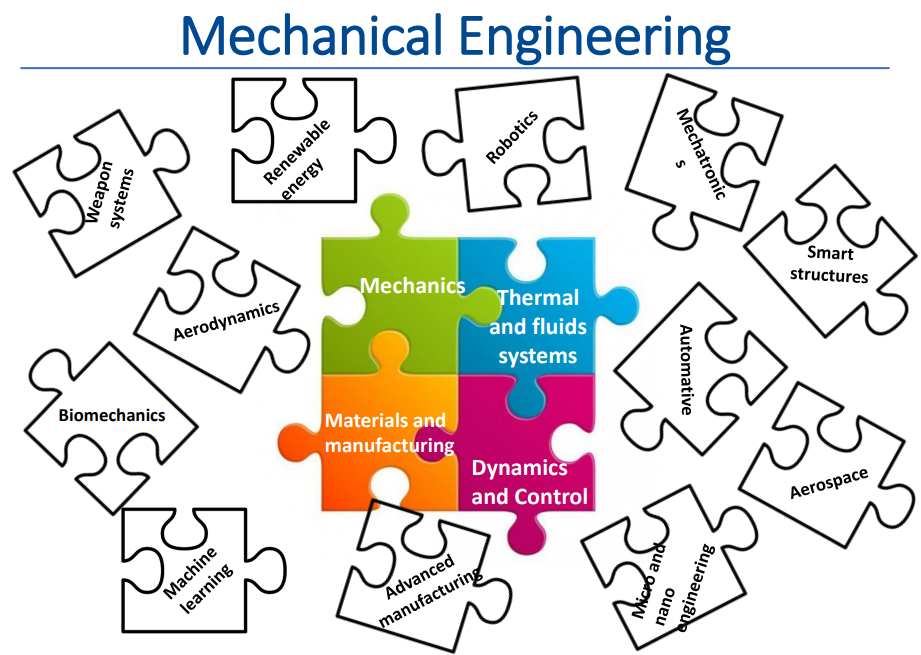Mechanical Engineering is one of the oldest engineering fields. This makes it a very broad field of study and forms the basis of many disciplines. It has a wide range of applications from manufacturing to control systems, from aircraft engines to energy, from material technologies to installation engineering, automotive, digital systems, energy, defense, mechatronics, and artificial intelligence applications in health. It is a leading engineering department, especially by constantly transforming itself with the developments in digital technology on a solid engineering foundation and reaching the speed of the era. The need for Mechanical Engineers in the world and in Turkey always continues. This enables our graduates to start good jobs in a short time.
Our faculty members in our department, which stands out with its curriculum designed to provide project-based learning, applied and computer-based engineering experience according to international standards, have doctorates from well-established universities in Europe, America, England and Turkey, and have industry experience from various domestic and foreign institutions, and they share these experiences with our students.
LABORATORIES
Fluid Mechanics and Thermal Sciences Laboratory
Wind tunnel experiments, turbomachinery, and pipe flow systems.
Mechanical Dynamics and Robotics Laboratory
VR equipment and simulations, UAV flight zone, 3D printers, small-scale CNC machines, Quanser robots (Inverted pendulums, Haptic robots).
Lathe Workshop (Machine Shop)
Mechanical Laboratory
Mechanical testing equipment.
Computer-Aided Technical Drawing Laboratory
Computational Design Laboratory
Materials Testing Laboratory
MECHANICAL ENGINEERING CURRICULUM
COURSES
Curriculum | TED University
First Year: Courses in Mathematics and Basic Sciences
Second Year: Core Engineering Courses
Third Year: Discipline-Specific Mechanical Engineering Courses
Fourth Year: Technical Electives and Capstone Design Project
MECHANICAL ENGINEERING EDUCATION at TED UNIVERSITY
Combination of theoretical knowledge and practical application
Design experience in thermal and mechanical systems
Laboratory experiments integrated into various lab-based courses
Computational engineering courses (mechanics, fluid dynamics, and heat transfer) delivered in the Computational Design Laboratory
Project-based learning and teamwork emphasis
Opportunities to participate in externally funded undergraduate research projects
Part-time employment opportunities in industry during studies
CAREER and FIELDS

